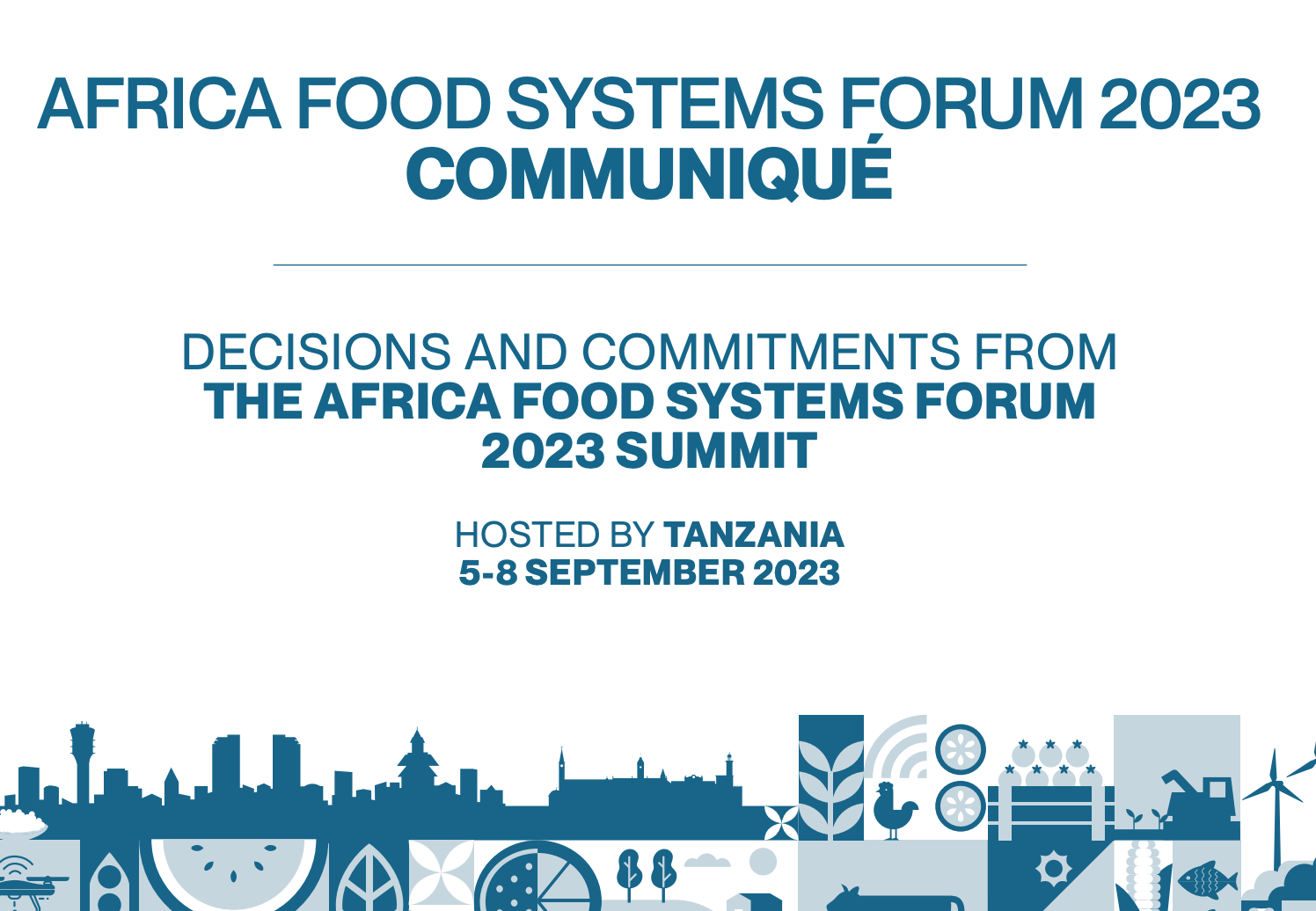
The AGRF 2023 wasn’t just another yearly convening of stakeholders in Africa’s agrifood landscape; it was a platform where monumental findings from the “Status of Women in Agrifood Systems” (SWAFS) report were fervently discussed. This report, unveiled in April 2023, has rattled many by revealing the gender gaps costing sub-Saharan Africa a whopping USD 95 billion every year. Yet, amidst these staggering figures, the silver lining was the report’s emphasis on the significant advancements made, notably in the domains of policymaking and women’s land rights.
This year’s AGRF was a testament to the continent’s collective drive to rectify the disparities and forge ahead. Some of the most influential entities, like the Food and Agriculture Organization of the United Nations (FAO), the Bill and Melinda Gates Foundation (BMGF), the Zanzibar Ministry of Blue Economy and Fisheries, the International Agrifood Network (IAFN), the East African Women in Business Platform (EAWiBP), and the Agricultural Research and Development program (AWARD), congregated to share insights and chart the course forward.
Personal Narratives Meld with Global Visions
One of the most compelling addresses came from Enock Chikava, BMGF’s Interim Director of Agricultural Development. A native of rural Zimbabwe, Chikava’s personal account resonated deeply with many, emphasizing the importance of uplifting women in the agrifood sector. He has devoted his life to ensure that smallholder farmers capitalize on technology to elevate their productivity, income, and nutrition.
Dr. Lauren Phillips, from FAO’s Inclusive Rural Transformation and Gender Equality Division, emphasized the often-overlooked working conditions of African women. Despite their integral role in agrifood systems, these women find themselves on the margins, ensnared in vulnerable, irregular, and often underpaid jobs. These statistics aren’t just numbers; they reflect the lived realities of countless women. But Dr. Phillips believes that these figures should serve as a clarion call for action rather than a source of despair.
Championing Best Practices and Looking Forward
The forum was also an opportunity to highlight success stories. Robynne Anderson, the Director-General of the International Agrifood Network, recounted the triumphs of the Accelerator Mentorship Programme for Women-Led SMEs in Africa. Their achievements in establishing strong foundations and accessing crucial processing equipment underscored the power of collaboration and networking.
Additionally, the Zanzibar Ministry of Blue Economy and Fisheries spotlighted their newly introduced Blue Economy Policy 2022. Designed with specific outcomes for equality and women in the fisheries sector, this policy aims to provide better financial accessibility and necessary equipment.
As discussions concluded, the overwhelming consensus was clear. To truly elevate gender equality and women’s empowerment in agrifood systems, the focus should be on quality research, proven approaches to bridge resource gaps, and targeted empowerment interventions. By hitting these targets, the potential rewards are immense – from surging the global GDP to fortifying food security and resilience for millions.
As the FAO takes the lead in ramping up actions for gender equality and women’s empowerment, especially for the most vulnerable rural women, it beckons all stakeholders to join in this pivotal mission-it’s about shaping an inclusive, resilient, and prosperous future for all.
___
Source | Kilimokwanza
